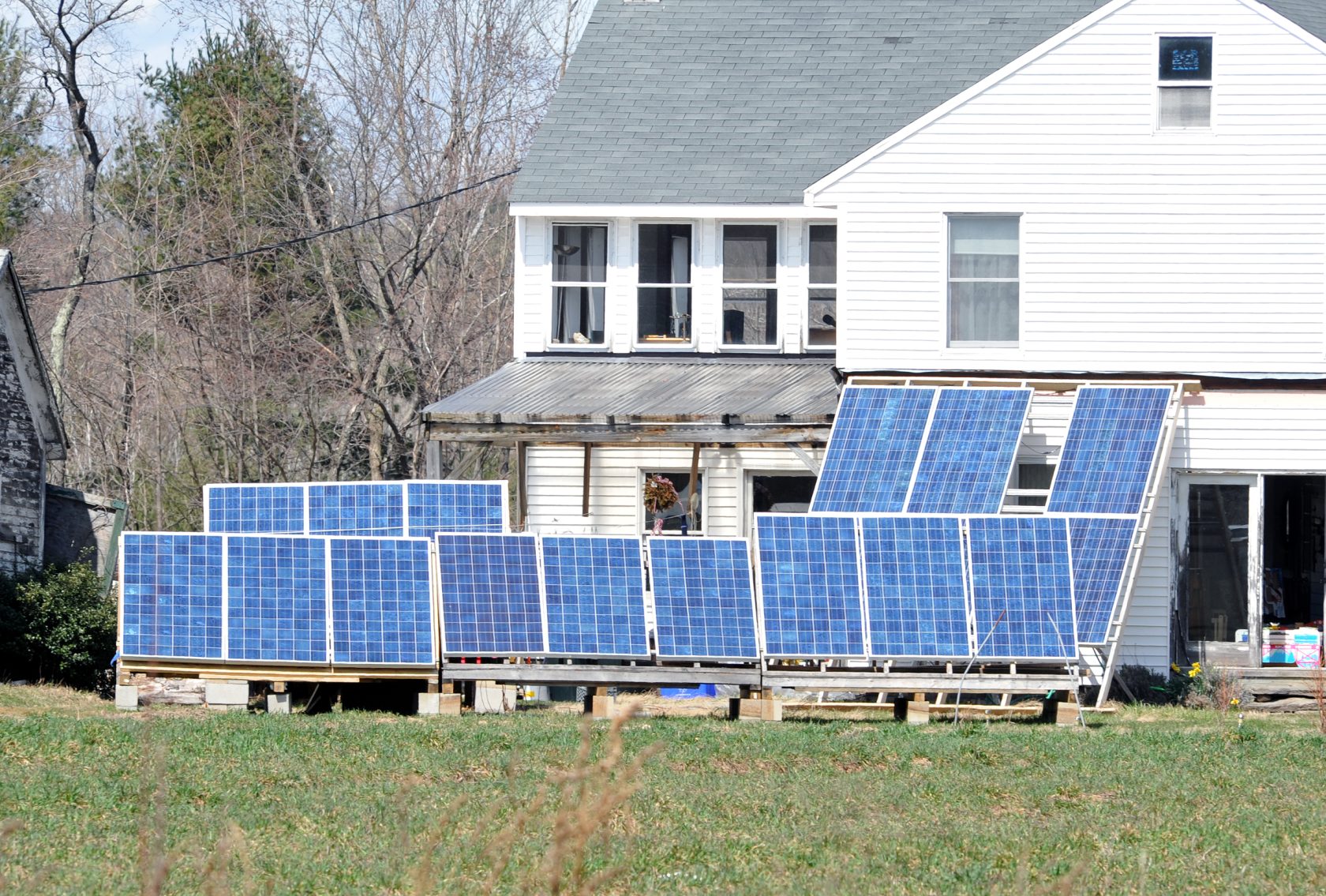SOUTHWICK—Firefighters in the region are learning from a local solar energy company that perhaps solar panels aren’t too hazardous after all.
A national solar panel energy provider has been offering firefighters a free-of-charge class about solar panel safety and fires, and the company maintains that they are generally safe to work around in the case of a blaze.
The Southwick Fire Department recently welcomed the free class for their staff on May 24.
“We’re not trying to charge fire departments for the training, but rather just trying to provide education,” David Yates, regional district manager for Vivint Solar, a national company with a local office in Chicopee, said. “We’re really just trying to help more people to be more informed on what is out there. Having information that isn’t true about equipment installed isn’t helpful for anyone.”
Yates said that there are rumors out there about solar technology being hazardous to firefighters, and that these are based on technology that is either no longer used at all, or not used by the company he represents. Particularly, the rumors Yates mentioned refer to how the power running from the panels to the converter is shut off in an emergency situation.
Yates said that in prior solar energy systems there could be electricity within the power lines of the home for up to a half hour after the solar panel system is deactivated, which could potentially expose firefighters to electrocution. However, according to Yates, solar systems that provide the “rapid shutdown” technology has the electric charges removed from them within 10 seconds of activating the shutdown.
“Fire departments have heard that they can’t fight the fire if solar panels are on the roof, so hopefully educating more people on how rapid shutdown technology works, that can go away,” Yates said.
But firefighters still have to worry in spite of the rapid shutdown technology.
“Vivint’s models don’t give us a hazard like others, but we need to be educated that some do,” Russ Anderson, Southwick Fire Department Chief, said.
Anderson mentioned that there are other kinds of technology out there that do not have the rapid shutdown option, as well as ground-mounted solar panels and large solar panel farms. All of these provide unique situations for firefighters to deal with.
Additionally, the ventilating of roofs with solar panels can provide risks to firefighters, Anderson said. This may be because of the added weight on the structure, or perhaps the slickness of panels when wet.
Still, according to Anderson, these risks are no more perilous than those that firefighters face every time they try to combat a blaze.
“We may have to adapt our protocols but it isn’t a risk,” Anderson said. “Solar is a safe product and we just need to learn how to work with it.”


